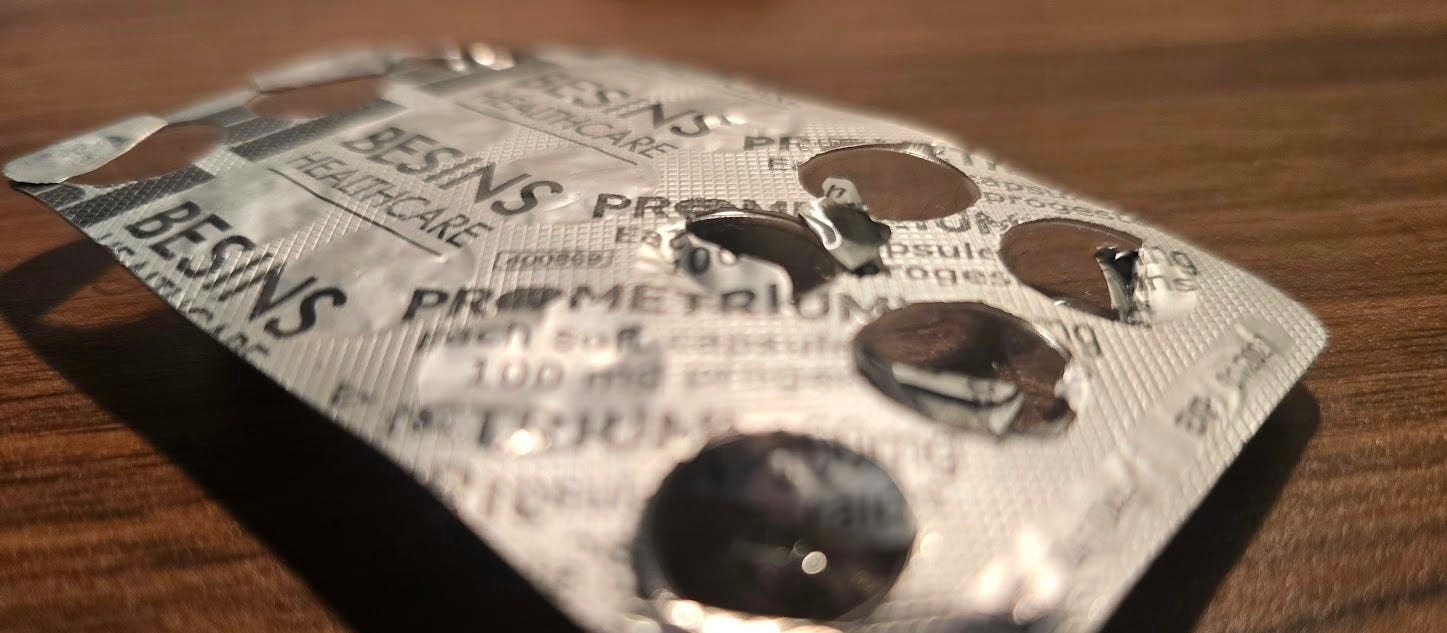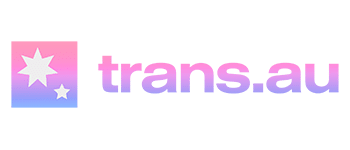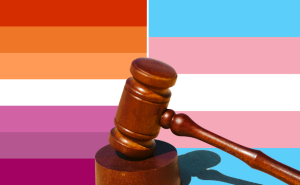This article was originally published by Lucy from Naarm. You can find the original article here.
Starting March 1st, hormone therapy in Australia will become more affordable for gender-diverse femmes, trans and cis women alike, thanks to the long-awaited listing of Estrogel, Prometrium, and Estrogel Pro on the Pharmaceutical Benefits Scheme (PBS).
Women have had to pay entirely out of pocket for most estradiol and all progesterone prescriptions, making this move a decisive step toward equitable and gender-inclusive healthcare.
For years, trans and cis women alike have also faced frequent supply shortages of the limited PBS-subsidised estradiol products—particularly patches—and many have had to switch abruptly between brands or forms. The new PBS subsidy will ease the financial strain by capping prices at a monthly cost of up to $31.60 (for general patients) or $7.70 (for concession card holders), an enormous improvement compared to the approximate $40 cost that some have paid privately each month, for each medicine.

Besins Healthcare, which manufactures Estrogel, Estrogel Pro, and Prometrium, has expanded production to meet the expected surge in demand, helping to end the frequent shortages that have historically interrupted patients’ care.
Under the updates, no special authority is required for either estradiol or progesterone prescriptions, which means doctors need only decide if these medicines are clinically appropriate for their patient. This is especially significant for trans women and trans-feminine non-binary people, who can now access exactly the same subsidized hormones that cis women use.
For trans women specifically, the shift to more widely available hormone therapies doesn’t just reduce personal costs; it affirms a right to the same evidence-based medical care that all women deserve. Many women have struggled with abrupt therapy changes caused by stock shortages or high pharmacy prices, and transgender people have had to additionally struggle with this while also managing the physical, and social dimensions of transition.
Individuals already on transdermal patches or other forms of estradiol, can speak to their doctor to clarify whether switching over to Estrogel might be suitable, especially now that Estrogel is PBS-listed and less likely to fall prey to the supply shortages that we’ve seen with transdermal patches.
Although this update to the scheme focuses largely on improved access for menopause-related therapies, the expanded coverage clearly benefits all women. Addressing some of the longstanding concerns and calls within trans communities for fairer, more reliable hormone care.
The PBS listings also come as other women’s health provisions—such as reduced-cost contraceptive pills and a boost in support for long-term contraceptives—are being rolled out nationwide.
Thanks for reading this article from Lucy from Naarm on Trans.au, subscribe for free to receive new posts directly from me and support my work covering vital LGBTQIA+ news in Australia.
You can find the original article here.



